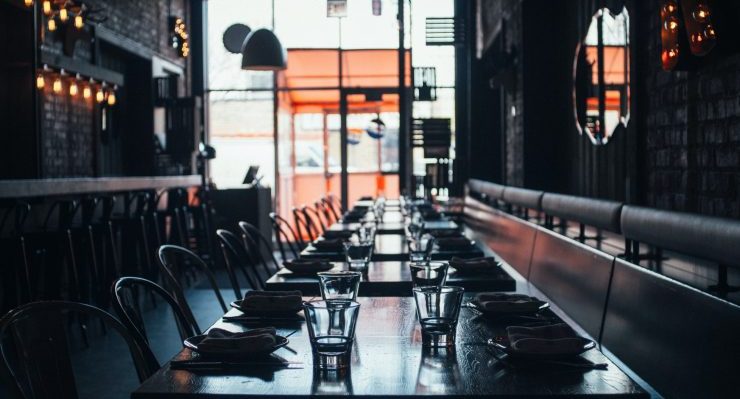
Australia might lead the way in coronavirus health numbers but as yet we don’t appear to have followed overseas firms trying to add a special COVID-19 levy.
As the US and the UK slowly begin to reopen, some businesses are resorting to whacking on an extra fee to cover additional costs associated with the pandemic.
A restaurant in Missouri hit the headlines early on when diners found a line hidden at the bottom of the bill claiming a COVID surcharge.
Now hairdressers in the UK are contemplating charging a similar fee to cover the cost of everything from sanitisers and masks to the extra work in repairing dodgy lockdown hairdos.
British salons have been closed for three months, whereas Australia was one of the few places in the world where they continued operating and we didn’t have to monitor the growing tresses of the PM as Canadians did with Justin Trudeau.
In both the US and UK there was no discernible impact on the bad hair days of their leaders.
Even though Australian governments have given numerous grants to cover extra imposts during the crisis, the levy idea will no doubt fester.
In 2004 Qantas installed a “fuel levy” to offset soaring prices, although it seemed to remain even when fuel prices plummeted. It was eventually folded into the ticket price.
They did however get their wings clipped on a later gouging effort when widespread criticism curtailed their excessive credit card fees.
Who knows what innovations the airline’s pandemic profit recovery plan will entail?
Indeed, economists and industry groups seem at a loss to predict the best way for businesses large and small to recover lost income while still attracting back reluctant customers.
The NAB Consumer Anxiety Survey Q2’20 (yes it’s a thing) released Thursday stated the obvious: that anxiety is falling as confidence grows, but also noted that “many of the more sensationalist predictions about long-term changes to our spending behaviours are likely to be inaccurate”.
In other words, no one really has a clue.
Council of Small Business of Australia chief Peter Strong told Crikey he was wary of the special “COVID fee” idea even though small businesses are free to set their own prices on most goods and services, and customers are keen to support locals to survive.
“If they were to charge an extra fee they would want to be careful to put up a sign or explain the impact and cost to stay open,” he said.
For years some restaurants have charged a weekend surcharge to cover higher penalty rates which, like the Qantas fuel levy, never seemed to adjust to any change in the award.
In the case of the pandemic there are genuine and widespread extra costs. For one example, places of business, from grocery stores to beauty salons, have needed to install plexiglass in order to protect workers and customers.
Governments are also not adverse to the levy concept. There was the flood levy of 2011 to help rebuild Queensland and of course the “budget repair” levy of the first Abbott Hockey government in 2014.
You say levy, we say tax. We’ll all pay in the end.








Levies to make up for losses during the shut-down? ….. You mean like air travel “fairs”?
Avoid Flight Centre if you want fairness – the behaviour of that behemoth even pre Covid was reprehensible.
It took a threat from the ACCC here and Fair Trade in the UK to force it to disgorge deposits AND full fares on cancelled flights.
I’m still waiting.
Bloody brilliant!
Now watch them all jump on the bandwagon.
Is this to to cover the shortfall caused by Scotty’s tax cuts?